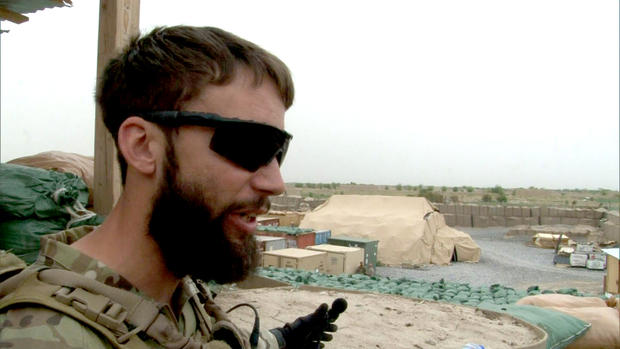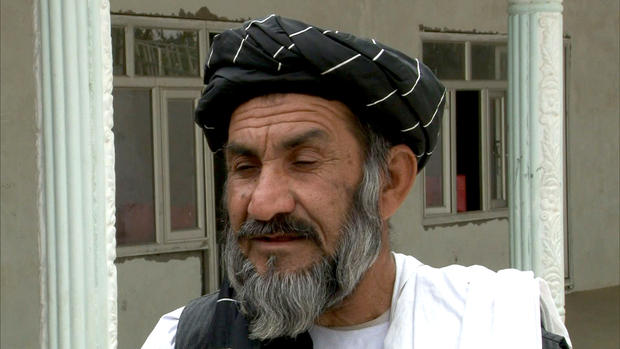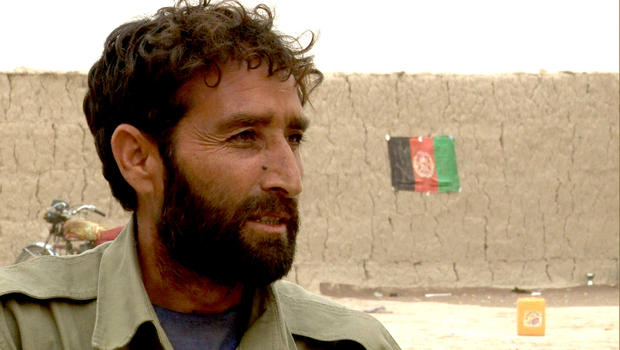Despite rampage, Afghan village supports U.S. presence
(CBS News) BELAMBAI, Afghanistan - One of the most horrific attacks on civilians in Afghanistan happened in March of last year when 16 civilians were slaughtered. On Wednesday, an American soldieragreed to a plea deal to avoid the death penalty.
Staff Sgt. Robert Bales will plead guilty to premeditatated murder and face life in prison. A military judged will decide at a later date whether it's with or without parole.
CBS News recently went back to the village where the massacre took place, and what we found was surprising.
From Belambai base, You can see Alokazai village -- the site of the worst American atrocity of the Afghan war, where Sgt. Robert Bales is alleged to have started his killing spree.
Bales is charged with sneaking off the base and shooting 16 Afghan civilians, including nine children.
Despite the tragedy that occurred, Capt. Shane Oravsky said U.S. soldiers haven't gone anywhere.
"We're still here," Oravsky said.
Right after the shootings, the military thought it might have to pull out of Belambai because local anger was so great, but Oravsky said U.S. Special Forces were able to take over after the U.S. apologized and in accord with local Afghan custom, paid compensation to the families, which residents said came to a total of over $700,000.
Oravsky said there are no worries about revenge.
"We haven't seen any indications of that whatsoever. You actually think that you would hear that all the time from the people. I know back home where I'm from, I'd have a hard time forgetting it," Oravsky said.
"Honestly, some things did fall into place that helped us out," he said.
One of them was Abdul Wadood, a tribal elder who in February decided he'd had enough of the Taliban. The last straw for him was when they threatened to kill his sons.
"I was the first one to make a stand," he said in Pashto. "And then everyone else joined in."
Special Forces took us on a tense patrol to visit the local police post.
On the way, CBS News could hear that war raging in the near distance -- the sound of gunfire.
Wadood told us farmers wanted the Taliban driven out because they were sick of finding bombs in their fields.
As for Bales' alleged massacre, Wadood said "we condemn what he did, but we are not going to blame the whole United States."
Problems with Bales investigation in Afghanistan
Children testify of horror in Afghan massacre trial
Afghans recall massacre horror ahead of soldier's trial
In the compound where nine victims died, one of the survivors showed me where he ran to after his father was mowed down.
Now, he's one of a group of village men trained by the Americans to work as paid local police.
"I support the Americans staying in our villages," their commander told CBS News. "They've done a lot to help us."
A glimmer of hope and resistance emerging from one of the grimmest chapters of the Afghan war.



